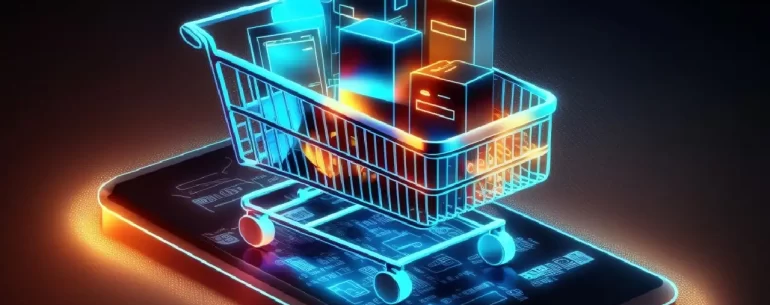The internet has transformed almost all aspects of modern life – from the way we live and work to how we connect with others. It has changed the world in ways never before imaginable and continues to evolve at a rapid pace. From the modern web’s history over the last thirty or years to its profound impact on society, this is a look at the current prospects of web technology and the Possible Futures for the Internet.
The History of the Internet and Tim Berners-Lee
The internet traces its roots back to the 1960s when the U.S. Department of Defence developed a network of interconnected computers known as ARPANET. It was designed to facilitate communication and data sharing between research institutions. However, it wasn’t until the World Wide Web, invented by Sir Tim Berners-Lee in 1989, that the internet truly became accessible to the masses.
Berners-Lee’s invention of the web, along with the development of hypertext and the HTTP protocol, allowed for easy navigation and sharing of information. This breakthrough laid the foundation for the modern internet we know today, enabling global connectivity and fostering a new era of digital innovation.
The Internet’s Impact on Modern Life
The internet has revolutionised every aspect of modern life, reshaping how we communicate, learn, shop, work and source entertainment. It has brought people from different corners of the world closer together, transcending geographical boundaries and cultural barriers.
Communication has been transformed with instant messaging, social media platforms and video sharing/conferencing allowing real-time interactions with friends, family,and colleagues across the globe. Access to information has become seamless with search engines and online encyclopaedias providing a wealth of knowledge at our fingertips. Indeed, there’s common consensus that the web is the greatest library in history.
Commerce has also undergone a significant shift with e-commerce enabling online shopping, digital marketplaces and streamlined supply chains. The internet has also democratised media leading to the downfall of many previously established formats. Meanwhile it has also transformed education, providing access to online courses, remote learning opportunities and vast educational resources.
If you want to take advantage of the tremendous benefits offered by web technologies and social media, you should contact a professional web design company like Deepbluemedia that offers web design in Tenerife and could advise you on how to capitalise on today’s web technologies. Also, here are some questions you should ask a web development company before engaging them.
The Current Prospects of Web Technology
Before we look to the future of the internet, several cutting-edge technologies are already showing immense promise:
Artificial Intelligence (AI): AI-powered systems are becoming increasingly prevalent, enhancing search algorithms, personalising user experiences and automating various tasks.
The Cloud: Cloud computing enables scalable storage, flexible access to resources and facilitates collaboration and data sharing across multiple devices.
Big Data: The proliferation of data collection and analysis has opened doors to insights, predictive modelling and data-driven decision-making. As we continue to share more and more of our work and private lives online, Big Data will become an increasingly important tool for business.
Internet of Things (IoT): The interconnectivity of everyday objects and devices through the internet offers a wide range of applications, from smart homes to smart cities and industrial automation.
Possible Future Technologies for the Internet
Looking ahead, the future of the internet holds exciting possibilities. Here are just a few potential technologies that may shape its evolution:
- 5G and Beyond: The rollout of 5G networks promises faster speeds, lower latency and increased connectivity, enabling advancements in areas like autonomous vehicles and remote surgeries.
- Virtual and Augmented Reality: VR and AR technologies have the potential to transform entertainment, gaming, education and immersive user experiences.
- Blockchain: This decentralised technology has the potential to revolutionise areas such as digital identity, secure transactions and supply chain management.
- Quantum Computing: Quantum computers could solve complex problems at an unprecedented scale, revolutionising fields such as cryptography, optimisation and drug discovery.
In conclusion, the internet’s impact on society has been transformative, connecting the world, revolutionising communication and upending various industries. As we move forward, emerging technologies like AI, the Cloud, Big Data and IoT will continue to shape the internet’s landscape.
Looking further ahead, advancements in 5G, virtual and augmented reality, blockchain and quantum computing look like holding immense potential for further transforming the internet – plus our understanding of the world. It seems fair to say the future of the internet is a realm of endless possibilities, where innovation and connectivity will continue to redefine our lives.


